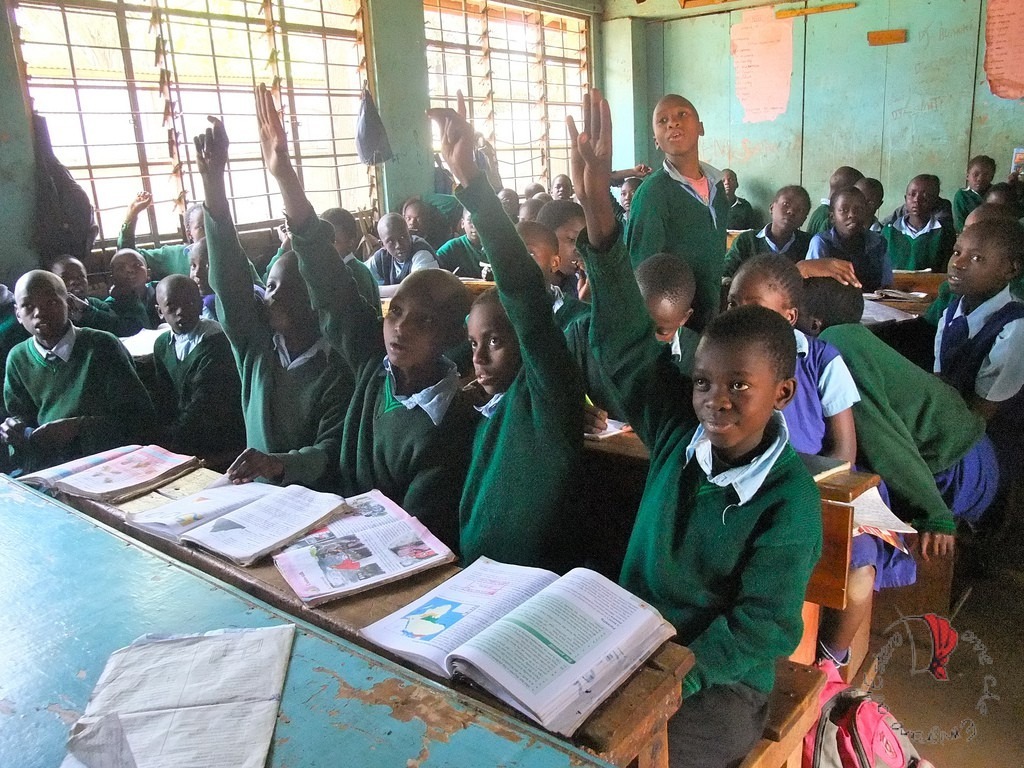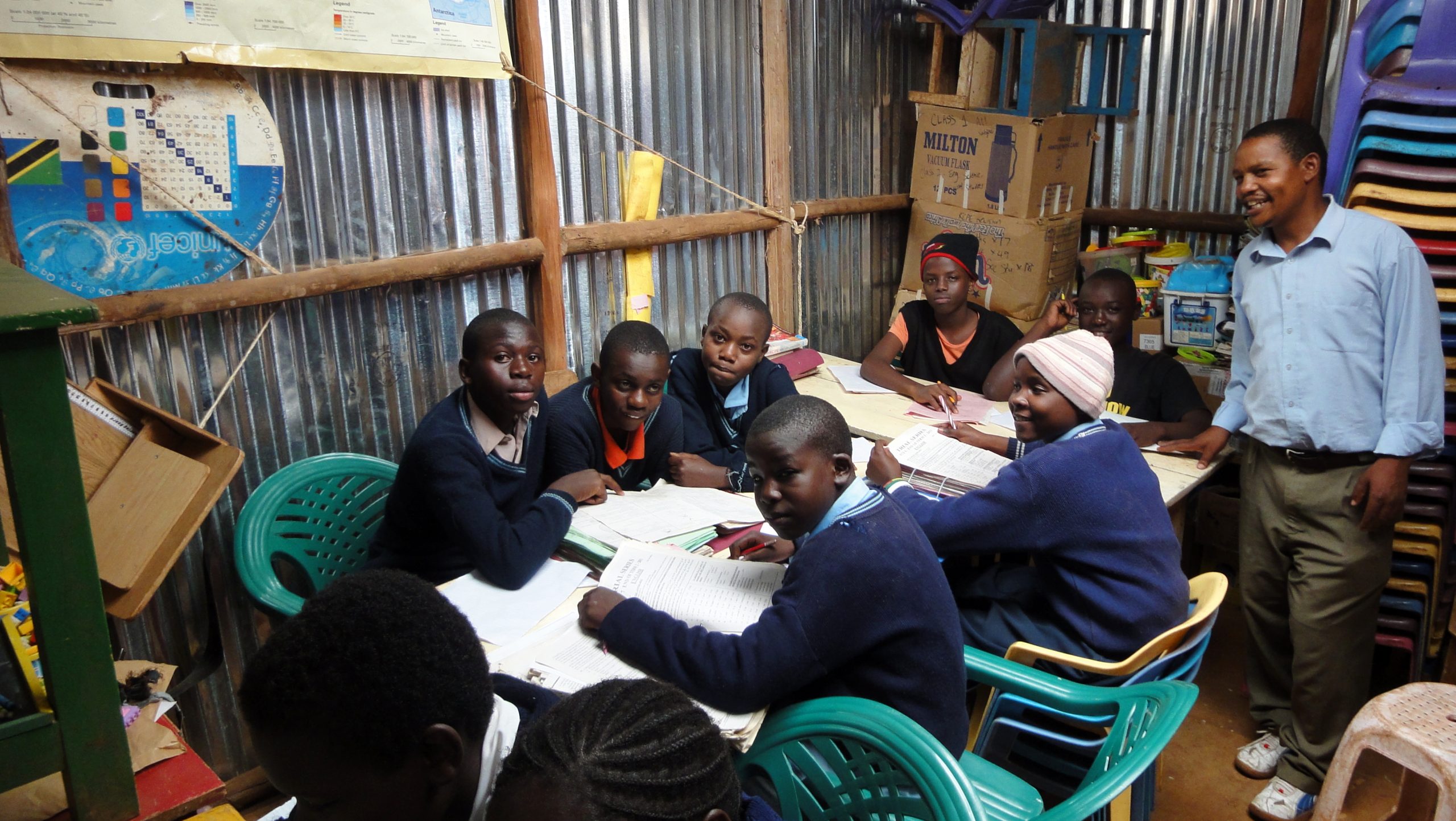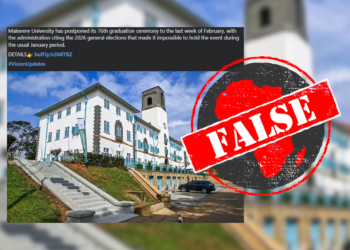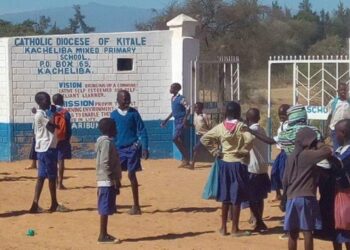
The colonizer patterned our minds to believe that only formal education, simply designed to inform learners, is the only way to getting educated, while back in their land, they are busy skilling their young ones and then sending them to Africa to go solve problems bedeviling the “learned and knowledgeable Africans”.
It is only recently that African countries have woken up, smelled the coffee, and started infusing skills into their education systems. Such countries include Kenya, one of the latest to adopt Competency-Based Curriculum (CBC), South Africa, Tanzania, Zambia, Mozambique, and Zimbabwe, among a few others which have moved to CBC in recent years. But more ways exist, through which countries can equip their young generations with 21st Century skills and position them as solution givers to their countries, Africa and the world.
APBET Schools
In Kenya, Alternative Providers for Basic Education and Training (APBET) have been around for decades. Their focus is providing education access to all children in Kenya, especially those from marginalized and remote areas of the country who cannot access formal schools.
APBET schools in Kenya embody the spirit of inclusivity and opportunity in education. They serve as beacons of hope to the underserved populace, extending the reach of education to children who might otherwise be left behind by the formal schooling system.
What truly resonates with me about APBET schools is their unwavering commitment to flexibility. Recognizing that not all children can fit into the traditional school mold, these institutions offer a more personalized learning environment. They allow the learners to gain outside-typical-classroom skills through non-formal education flexible and relevant to their needs.
This flexibility allows students to progress at their own pace, accommodating those who may have additional responsibilities at home or who simply thrive in a less structured setting. Think of the children in Kibera slums of Kenya, who may still be the sole breadwinners in their families for their siblings and maybe, ailing parents or guardians.
Currently, Kenya has over two million learners in approximately 8,000 APBET schools in the country’s informal settlements and arid and semi-arid areas (ASALs). Over 3,600 of these are in Nairobi alone, majorly distributed in the county’s slum areas. Beyond their adaptability, APBET schools stand out for their innovative approach to education. They leverage creative teaching methods and materials to make learning not just informative but also engaging and relevant. By incorporating locally sourced content and integrating technology, such as tablets and mobile phones, these schools ensure that education is accessible and meaningful for all students.
In essence, APBET schools testify to Kenya’s commitment to providing quality education for every child. They serve as a testament to the belief that with creativity and compassion, we can bridge educational divides and create a more equitable society. Beyond teaching the children, they are also empowering them to dream, learn, and succeed.
Complementing CBC
APBET schools in Kenya complement the Competency-Based Curriculum (CBC) by providing a valuable alternative for children who may not thrive in the traditional education system. The CBC emphasizes a more holistic approach to education, focusing on developing skills and competencies rather than just academic knowledge.
Clearly, these APBET schools align with this philosophy by offering a flexible learning environment that allows students to learn at their own pace and develop the skills they need to succeed in life. Isn’t success what we all chase as human beings?
One of the key benefits of APBET schools is their ability to cater to the diverse needs of students. They provide a personalized learning experience that is tailored to each student’s abilities and interests, which can be especially beneficial for students who may struggle in a traditional classroom setting. By offering a more flexible and inclusive approach to education, APBET schools help ensure that no child is left behind.

Why Support Them
In Kenya, these institutions face serious hurdles in their day-to-day operations.
Typically, and as expected, the buildings are of low quality and a condensed space.
The Basic Education Act 2013 was set up to ensure that all children in Kenya access free and compulsory primary education. Registering an APBET school in Kenya requires the institution to have at least one acre of land, among other regulations. In a slum, this is a lofty stumbling block.
Supporting APBET schools is crucial for several reasons. First and foremost, they play a vital role in expanding access to education, particularly for children in marginalized or remote areas.
By providing alternative education options, APBET schools help ensure that all children have the opportunity to receive a quality education, regardless of their background or circumstances. Additionally, APBET schools contribute to the overall improvement of the education system in Kenya by fostering innovation and creativity. They serve as laboratories for new teaching methods and approaches, which can then be incorporated into the mainstream education system to benefit all students.
Finally, supporting APBET schools is a matter of social justice and equity. These schools provide a lifeline for children who may not have access to formal education, helping to break the cycle of poverty and inequality.
When governments and educationists invest in APBET schools, they remain true to help create a more inclusive and equitable society where every child has the opportunity to succeed.
Ongoing Push
Worth noting is that the ongoing efforts by various Members of Parliament in Kenya and educationists and interested organizations, are set to change the situation and make it easy to recognize and reward the efforts of APBET schools.
If the MPs manage to pass the proposed Basic Education Amendment Bill, 2024, through the Amendment Act 2013, it will open doors for more APBET schools to be registered, funded by the government, and allow equitable access to education.
“This amendment will facilitate access to various government services for these children who are usually excluded from funding, in terms of capitation that every Kenyan child enjoys, funding in terms of TSC teachers, which every child is entitled to under Article 43, and Universal Free compulsory education among other important requirements,” Antony Oluoch, Mathare MP, noted during an education stakeholders meeting in Nairobi in March 2024.
More calls are being made to support these schools in efforts to bridge the gap between the rich and the poor, which I believe is the way to go.

















































































 EduTimes Africa, a product of Education Times Africa, is a magazine publication that aims to lend its support to close the yawning gap in Africa's educational development.
EduTimes Africa, a product of Education Times Africa, is a magazine publication that aims to lend its support to close the yawning gap in Africa's educational development.